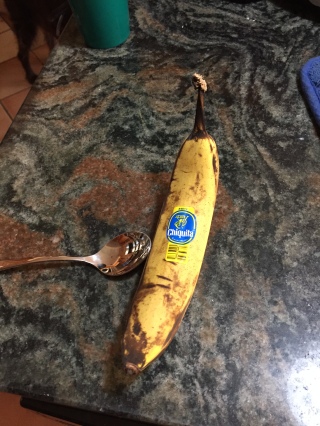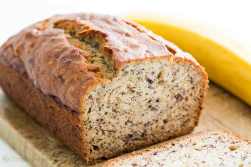My Sugar Crush diet depends in large measure on fresh fruits and vegetables. I’ve got to govern my fruits though, choosing to eat the fruit and eschew the juice. So, my eyes light up at the array at the local supermarket or the corner fruit stand. But because I’m pondering the fruit I eat, I wonder at the nearly invisible chain of custody of my apple or banana or orange. I’m no agricultural xenophobe. I don’t want to ban fruit or vegetables from anywhere. But I recognize the costs some people pay to get these scrubbed and stunning fruits to my table. Organic? Non-organic? Local? Schmocal? Global?

Habari Gani?
Ujima
collective work and economic responsibility. Let’s take this opportunity on the third night of Kwanzaa to reflect on the world’s millions of agricultural workers who labor in oppressive conditions on factory farms and endure the effects of virulent pesticides to provide the fruits and veggies for our tables . . . and unfortunately, in our trash cans.

“One toxic insecticide widely used in banana production is chlorpyrifos, a potent neurotoxicant member of the organophosphate insecticide family. Chlorpyrifos can harm workers, communities and the environment but is not generally detected on peeled bananas. Children are especially sensitive to chlorpyrifos toxicity. The chemical can disrupt brain development and impair cognitive functions, measured by intelligence tests, when the child is exposed during pregnancy and early childhood (Rauh 2011). Costa Rican researchers found that children living near banana fields where pesticides were used had much higher concentrations of chlorpyrifos in their bodies than children living where only 12 percent of farmers reported using pesticides.” —–Sonya Lunder, EWG.org
for more on bananas and pesticides, Bananas are pesticide intensive
for more on worker safety:
U.N launches Banana Worker Safety handbook
Celebrate Kwanzaa by trying to find a way to eat responsibly and not waste. Check out a recipe for banana bread to rescue overripe fruit. Banana Bread

Now check out my diabetes-friendly substitutions:
Use 1&1/2 cups of whole wheat flour with 1/2 cup of all-purpose flour
Use an artificial sweetener blend like Truvia baking blend instead of sugar
Use 1/2 cup of canola oil for the butter
Add some chopped walnuts
I LOVE BANANAS. I NEED BANANAS.

The brilliantly comprehensive, Pulitzer-Prize winning book, “The Warmth Of Other Suns”: The Epic Story of America’s Great Migration” by Isabel Wilkerson details the crushing experiences of southern agricultural workers in the 20th century. After reading this book, I began to think that saying a prayer before eating was not a bad thing. A prayer/a hymn for the picker and the picker’s children. A prayer for the oyster-shucker and the oyster-shucker’s children, a prayer for the cane cutter and the cane cutter’s children. A prayer for all those who harvest and box and pack our meals.
An aphorism for THE THIRD NIGHT OF KWANZAA, UJIMA:
SHE NOR HE IS TRULY HEAVY, ALL ARE MINE IN GLOBAL COMMUNITY


for more on Breena Clarke’s books, go to www.BreenaClarke.com